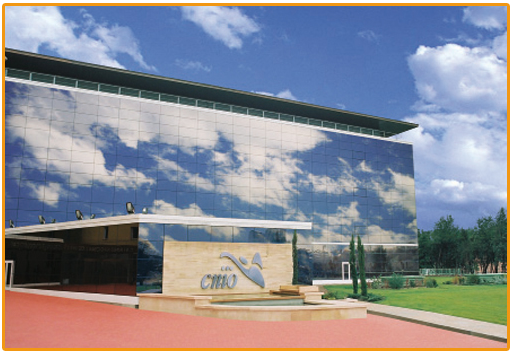Share this Page:
Researchers from the Breast Cancer Clinical Research Unit at the Spanish National Cancer Research Centre (CNIO) have discovered a resistance mechanism to antiangiogenic drugs, a class of drugs commonly used to treat cancer. They published their findings in the journal Cell Reports recently, where they describe the resistance mechanism to these compounds and, more importantly, a way to reverse it. When they added an antidiabetic agent to the antiangiogenic drug regimen for treating mice with breast and lung cancer, tumour growth was inhibited by 92%.
Drug resistance to antiangiogenic compounds is a common problem in the treatment of cancer, and these types of drug are used to treat a number of different cancers, including breast cancer, lung cancer, colorectal cancer, ovarian cancer, kidney cancer and liver carcinomas, among others. Tyrosine kinase inhibitors (TKIs) are a type of antiangiogenic drug commonly used to treat cancer. The researchers state that “it is important to define the acquired resistance mechanisms to TKIs,” in order to prolong the time that patients can benefit from these treatments.















